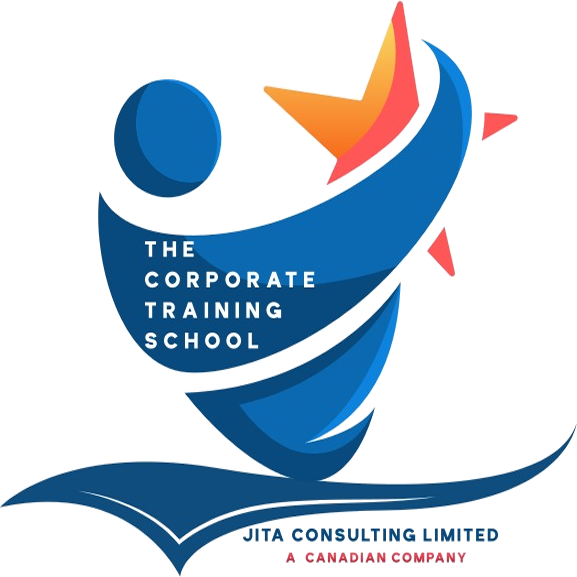Description
The workplace is one of the leading locations where people experience stress and anxiety. Every employee will encounter it sometime during their career. Everyone should be aware of the signs of anxiety and the tools needed to cope and deal with it.
Our Managing Workplace Anxiety course will provide you with the important skills and resources to recognize and manage workplace anxiety. By identifying these symptoms and coping skills employees and managers will be better suited to dealing with these common situations. Through this course, you will be better suited to the challenges that the workplace can bring.
Course Curriculum
-
Introduction
-
Course Objectives ..
-
-
Module 1
-
Types of Anxiety .. -
Generalized Anxiety Disorder .. -
Social Anxiety .. -
Panic Disorder .. -
Phobias .. -
Obsessive-Compulsive Disorder .. -
Knowledge Check ..
-
-
Module 2
-
Physical Symptoms .. -
Rapid Heartbeat .. -
Panic Attack .. -
Headache .. -
Trembling or Shaking .. -
Digestive Discomfort .. -
Knowledge Check ..
-
-
Module 3
-
Anxiety Triggers .. -
Fear of the Unknown .. -
Fear of Conflict or Confrontation .. -
Holding in Feelings .. -
Public Speaking .. -
Perfectionism .. -
Knowledge Check ..
-
-
Module 4
-
Anxiety vs. Nervousness .. -
Determining the Cause .. -
The Duration of Symptoms .. -
Intensity of Symptoms .. -
Interfering With Life .. -
Levels of Anxiety .. -
Knowledge Check ..
-
-
Module 5
-
Recognizing Anxiety in Others .. -
Avoiding Social Situations .. -
Difficulty Accepting Negative Feedback .. -
Difficulty Focusing on Tasks .. -
Irrational Fears .. -
Offering Support .. -
Knowledge Check ..
-
-
Module 6
-
Coping Strategies (I) .. -
Keeping a Journal .. -
Power of Positive Thinking .. -
Creating a "Me" Place .. -
Establish Attainable Goals .. -
3-3-3 Rule .. -
Knowledge Check ..
-
-
Module 7
-
Coping Strategies (II) .. -
Talk With Family and Friends .. -
Get Enough Sleep .. -
Eating Well and Exercise .. -
Breathing Exercises .. -
Begin Small and Build Up to Larger Challenges .. -
Knowledge Check ..
-
-
Module 8
-
Acknowledge the Situation .. -
It’s OK to Make a Mistake .. -
Accept the Situation, and Move On .. -
Ending the Cycle .. -
Identify the Trigger .. -
You're Not Alone .. -
Knowledge Check ..
-
-
Module 9
-
The Positive Aspects .. -
Alerts Us to Danger .. -
Improves Self-Awareness .. -
Great Motivator .. -
Prevent Mistakes .. -
Empathetic and Understanding .. -
Knowledge Check ..
-
-
Module 10
-
When to Seek Extra Help? .. -
Feeling Overwhelmed .. -
Physical Changes .. -
Unable to Work or Function .. -
Experiencing Panic Attacks .. -
Feelings of Irritability .. -
Knowledge Check ..
-
-
Assessment
-
Post Test ..
-


